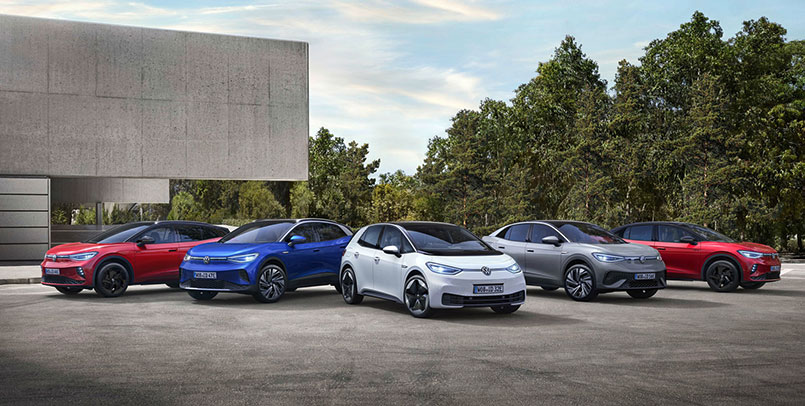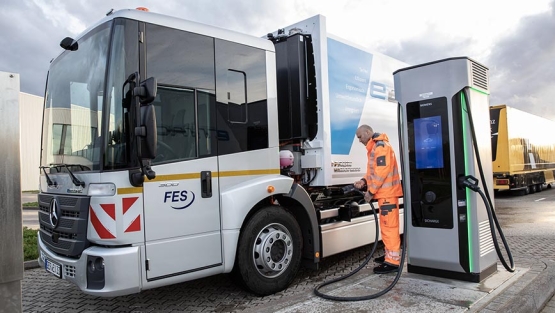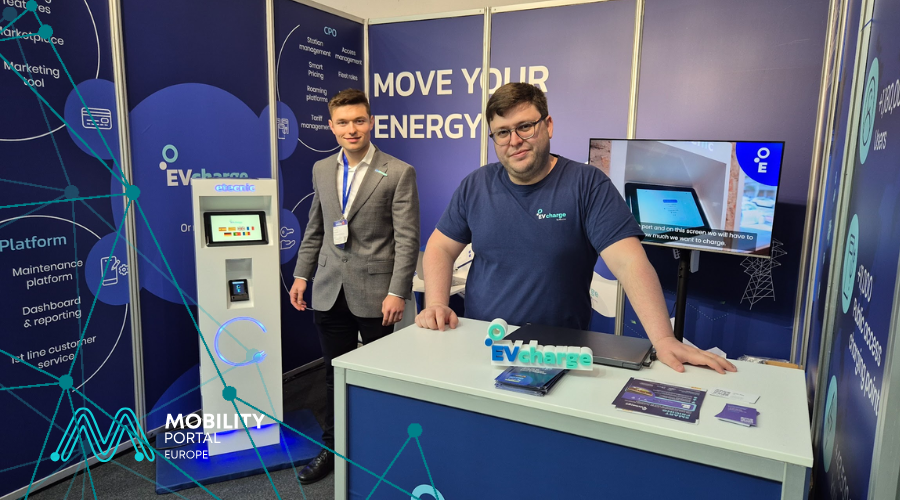The elimination of the MOVES III Plan, following the parliamentary setback to the so-called “Omnibus Decree,” is beginning to be reflected in the electric mobility ecosystem.
Despite a strong February registration record, dealers are reporting a slowdown in the pace of orders.
“Sales have stopped because the Moves was helping,” said the head of the Volvo sales department, Vedat Valencia-Castellón, in contact with Mobility Portal España.
While he notes that the Auto Restart Plan launched after the DANA has boosted overall sales, he clarifies that “electric vehicles have seen a slowdown in ordering.”
It should be noted that while February registrations showed a 37.6% year-over-year increase, this was largely due to deals closed in 2024, before the end of the incentive plan.
Both AEDIVE and GANVAM anticipate that March will mark a turning point: a sharp drop in sales is projected as a result of the “sudden halt” in new orders.
The elimination of the Moves not only cut off the continuity of economic stimulus.
It also led to the cancellation of tax benefits such as the 15% personal income tax deduction for the purchase of an electric car, a measure that was planned to remain in place until the end of 2025.
The uncertainty generated has had an impact on multiple fronts in the sector, from demand to investment decisions.
In this scenario, FACONAUTO warns: “The lack of direct aid could drastically slow electric vehicle sales at a critical time for the ecological transition.”
The concern is focused on the impact this could have on the goals of the National Integrated Energy and Climate Plan (PNIEC), which calls for reaching 5.5 million zero-emission cars in circulation by 2030.
“Its suspension, without an immediate alternative program, jeopardizes the achievement of the EU’s climate objectives,” the industry asserts.
Context of the elimination of the Moves Plan
The vote in Congress, with 177 votes against and 171 in favor, nullified the plan’s final extension, scheduled until July 2025.
The rejection of the decree not only thwarted the continuation of the program, but also other strategic incentives in environmental and mobility policy.
Faced with this scenario, various actors in the sector are demanding palliative measures.
One of the most debated alternatives has been to increase the personal income tax deduction to 21%, which would partially offset the lack of direct aid.

According to Diego Gago, director of Political Strategy at beBartlet, this solution would be administratively viable and implementable within a short timeframe: “There are no significant obstacles. It’s a matter of political will.”
From the industrial side, there are also voices calling for administrative simplification and standardization of criteria across autonomous communities.
Meanwhile, the Minister for Ecological Transition, Sara Aagesen, recently assured that the Government’s commitment to the reactivation of the Moves remains intact.
“We worked for it, they made it difficult for us, we kept working, but the commitment remains the same,” she said.
He also announced that the new program will be retroactive to January 1, 2025.
The Popular Party (PP), for its part, has registered an initiative in Congress to approve a Moves IV Plan within a period of three months.
The party led by Alberto Núñez Feijóo proposes approving a new plan that includes, among other things, measures to gradually replace liquid hydrocarbons with biofuels and eco-fuels, including SAF, synthetic, and 100% renewable fuels.
Within this framework, it is committed to promoting mobility based on renewable gases, facilitating the exploitation of the national production potential for biogas and green hydrogen.
READ MORE
-
Nabari Logística suma nuevos camiones eléctricos en Eroski
Las empresas de transporte Nabari Logística y Hegoak Logística estrenan y ponen en funcionamiento dos camiones eléctricos. Ambas empresas pertenecientes al GRUPO LAN, y con más de 25 años de andadura dentro del transporte frigorífico, cuentan con una amplia flota de vehículos entre cabezas tractoras, rígidos, remolques y semirremolques. La actividad de estas empresas es de dedicación exclusiva al transporte perecedero…
-
Luca de Meo se va de Renault: ¿un golpe a la estrategia de vehículos eléctricos?
La salida de Luca de Meo, CEO de Renault Group, en un momento tan decisivo para la industria automotriz, genera incertidumbre dentro del sector. En sus palabras, “queremos hacer populares a los vehículos eléctricos”, lo que plantea la pregunta: ¿cómo afectará esto los planes de la marca en el futuro próximo?
-
From Spain to Mexico, the US and Turkey: How EVcharge is expanding its white-label software for CPOs worldwide
EVcharge is fast-tracking its international presence with a value proposition based on flexibility, scalability and regulatory compliance. As the Spanish eMobility tech company consolidates its global expansion, Juanma Pérez Thompson, Business Unit Manager, shares exclusive insights with Mobility Portal Europe.











